Minorities on Campus
This project aims to address issues around sustained inequality and discrimination as experienced by minorities and women on Indian campuses.
Search

Faith and Peaceful Relations (FPR) researches religion in order to work for peace and build social justice. At FPR we uncover and explore the important yet often unrecognised ways in which religious and non-religious belief contribute to justice and injustice in society. We aim to answer philosophical and practical questions to critically examine the role of religious and spiritual practices and beliefs in contemporary society.
The video below is from our AHRC funded Re/presenting Islam on Campus that aimed to build understanding, dialogue and narratives of inclusion on campus.
In the words of various FPR colleagues: ‘To undertake and promote academically rigorous research into the relationships between religion (or faith or belief) and peaceful relations’. (Lucy Peacock) ‘The group is about enabling people of all faiths and none to reflect on how to live together without violence.’ (Laura Payne) ‘The group engages in research that can inform society, develop understanding between faith and society, as well as between different positions of faith and belief, in order to create more harmonious and peaceful relationships in the world.’ (Dilwar Hussain)
We also believe that research can help to build social justice. Stephanie Denning, describing her and Chris Shannahan’s Life on the Breadline research, said ‘the Life on the Breadline research aims to understand how churches are responding to UK poverty in order to better inform government policy making and reduce UK inequality.’
Our academic rigour comes from a wide disciplinary base, including politics, international relations, sociology, experimental psychology, Islamic studies, theology, religious studies media & communications & geography. The theologians among us have a clear sense of vital place theology has. As Chris puts it, in the group ‘theology can be a force for social justice.’
We want to be both academically critical & practically engaged (Paul Weller tells us, ‘the group aspires to take both a properly critical & practically engaged approach’). We want to write journal articles & books that help people understand religion but also achieve impact in society & in grassroots communities.
What impact do we want to achieve? In addition to academic knowledge, it’s peaceful coexistence between individuals & communities. As Mabel Alkali put it, ‘The group aims to carry out impactful research…that will enable peaceful understanding and coexistence within diverse faith groups, people of faith and the secular world’.
We work alongside local or religious communities. In our analysis of religion we hear lesser-heard voices, for example women, children and the economically deprived, and explore their roles in the intellectual and social ‘production’ and transformation of religion’ (Sariya Cheruvallil-Contractor). ‘We strive to stand with and empower people who have been left out or left behind & to use our research alongside faith communities to speak truth to power’ (Chris Shannahan).
The Faith & Peaceful Relations group undertakes research with, on and for people of all faiths and none. Our group has a strong sense that we can contribute new knowledge & practical impacts in today’s world – our research can make the world a better place, and this is why we do it.
 |
Sariya Cheruvallil-Contractor, Assistant Professor, Research Group LeaderIslam, Muslim women, feminism, digital methodologies, religion in higher, religion and non-religion in Britain |
 |
Chris Shannahan, Associate ProfessorReligion and politics, religion and multiculturalism, theology and poverty, secularisation, hip-hop |
 |
Dilwar Hussain, Research FellowIslam, contextual theology, extremism, radicalisation, British Muslims, urban theology |
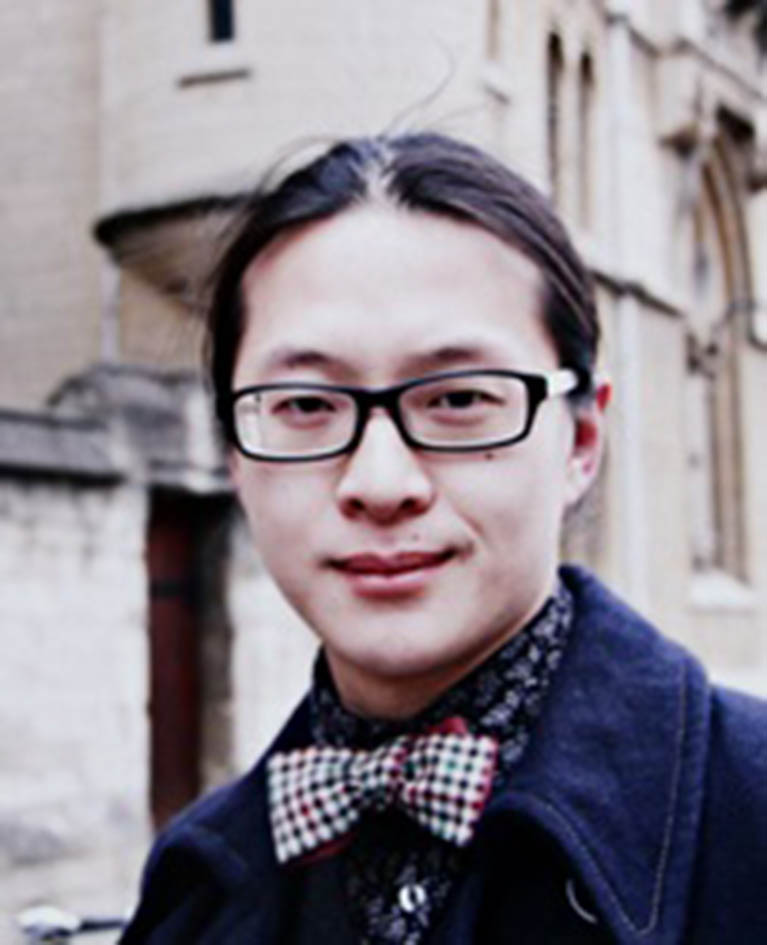 |
Jonathan Jong, Assistant ProfessorDeath anxiety, Religious belief, Ritual behaviour, Social psychology, Experimental psychology, Evolutionary psychology |
 |
Kristin Aune, ProfessorReligion in higher education, sociology of religion, gender, feminism, secularism, chaplaincy |
 |
Laura Payne, Research FellowFaith-based peacebuilding, religious violence, conflict transformation, civil society, youth, peace processes |
 |
Liyanaarachchige Perera, Visiting Fellow |
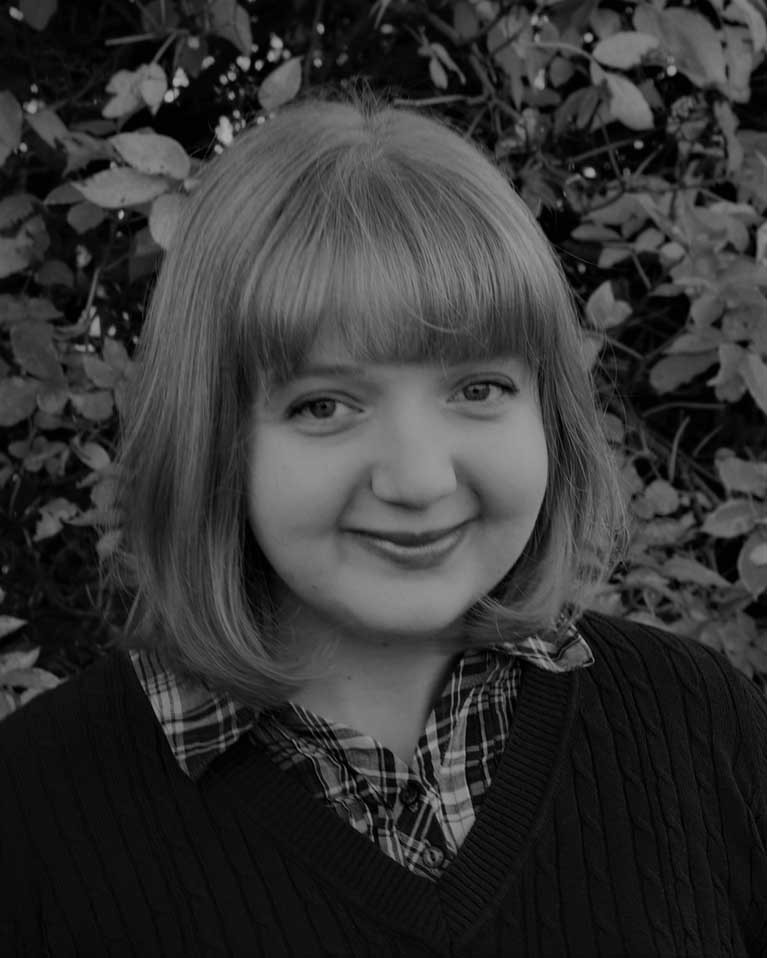 |
Lucy Peacock, Research FellowReligion and Higher Education, Interfaith Encounters |
 |
Miguel Farias, Associate ProfessorSocial cognition, Psychology of belief, Personality and mental health |
|
|
Paul Weller, ProfessorReligion, state and society |
 |
Serena Hussain, Associate ProfessorSocial and spatial trends of Muslims; South Asian diasporas; minority group identity & mobilisation |
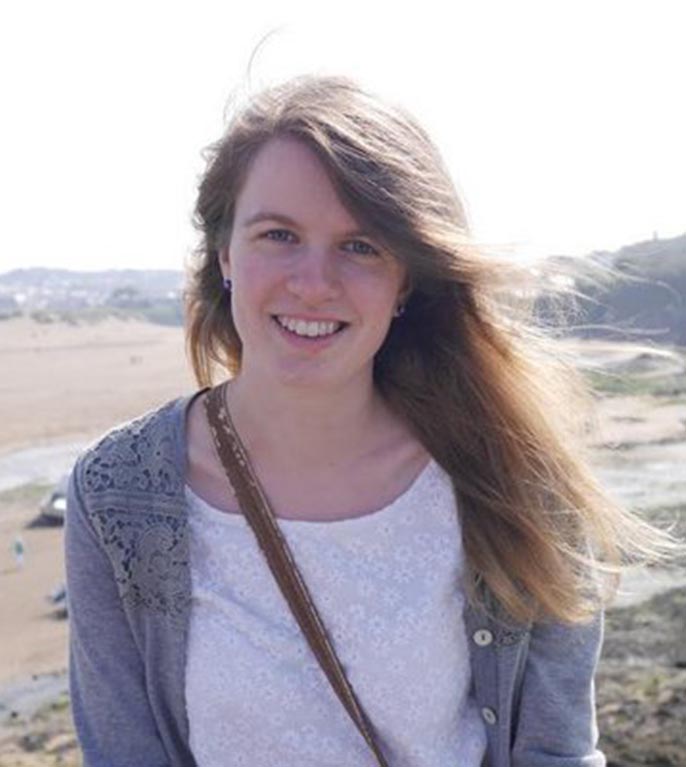 |
Stephanie Denning, Assistant ProfessorPoverty, Food poverty, Holiday hunger, Volunteering, Christianity, Faith-based social action, Affect theory |
 |
Valerie van Mulukom, Research FellowBelief, Cognitive science of religion, Imagination, Episodic memory, Creativity, Unbelief, Secular beliefs, Worldviews, Intuition, Social bonding |
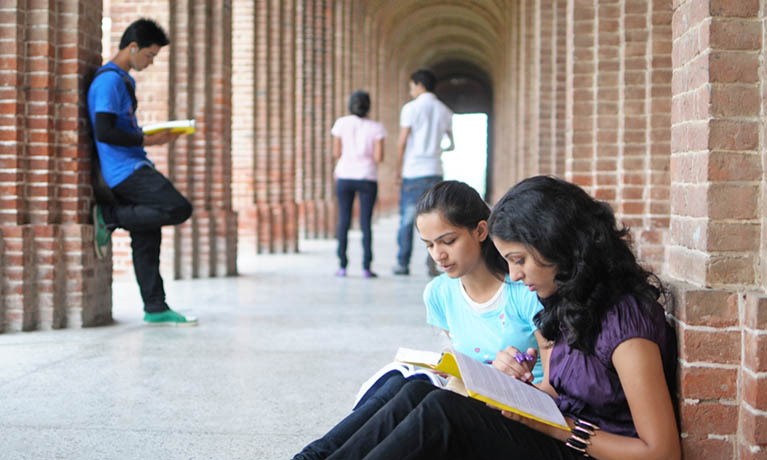
This project aims to address issues around sustained inequality and discrimination as experienced by minorities and women on Indian campuses.

The project will investigate and identify the human, financial and organisational impacts of the COVID-19 pandemic on the Christian Faith-Based Organisation service sector.
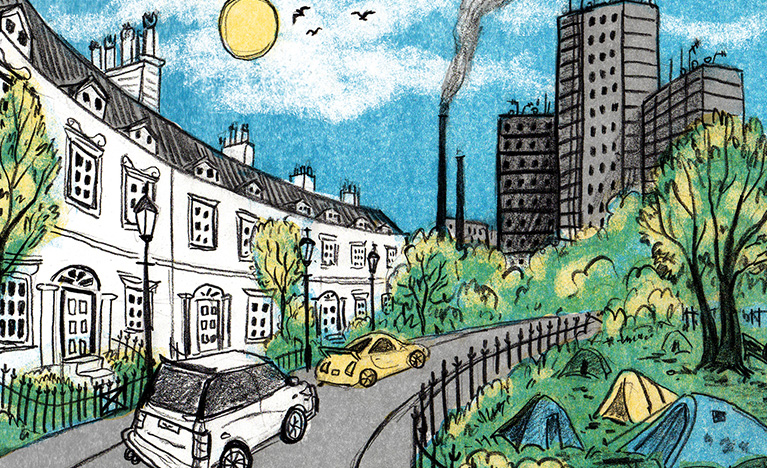
A 3 year ESRC-funded project analysing the nature, scope and impact of Christian engagement with urban poverty in the UK in the context of austerity since the 2008 financial crisis.
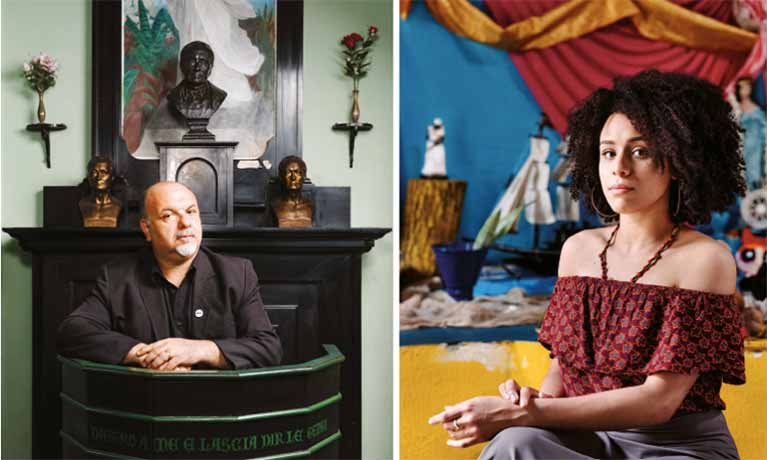
Understanding Unbelief is a major research programme aiming to advance the scientific understanding of atheism and other forms of so-called ‘unbelief’ around the world.
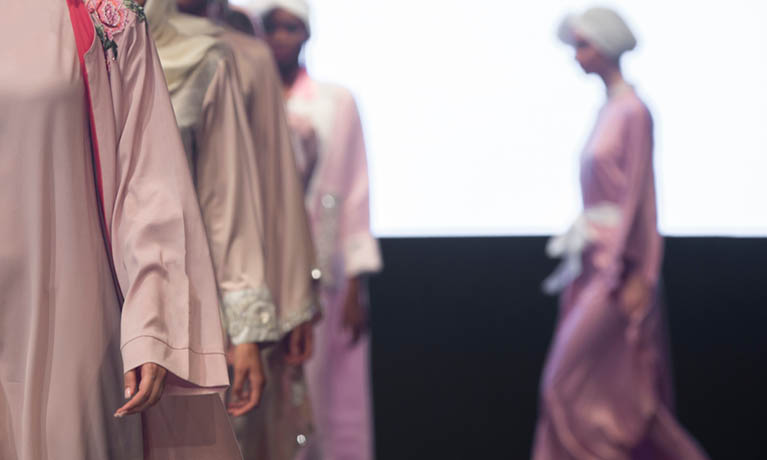
This project looks at how religiously-related modest fashion and associated behaviours impact on UK women's working lives – regardless of their own religious community or beliefs.

